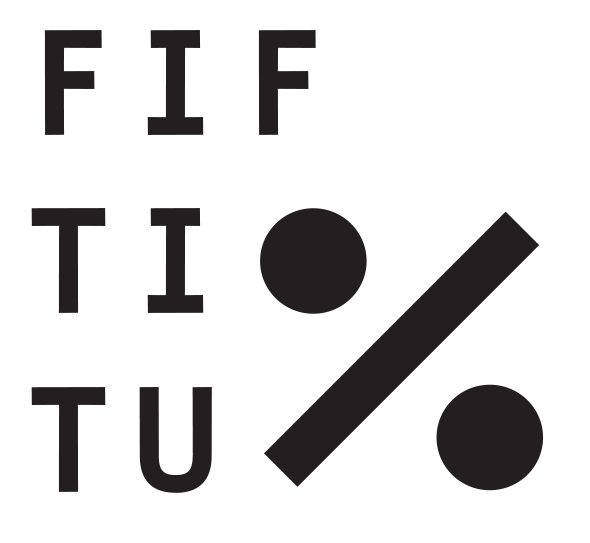Series of events from November 25, 04 - December 21, 04
Making the recording of areas of life visible and raising awareness of cuts in the quality of life....
The 3 Linz cultural associations FIFTITU%, KAPU, and MEDEA have set themselves the project goal of making a further contribution to raising the awareness of the local population for the topic of "surveillance and modern security discourse" with 4 lecture evenings and a video exhibition
4 lectures and an exhibition:
Four presentations which,
- cover the areas of webcam surveillance, data protection, data collection
and global data sharing, - as well as summarizing technological developments, explore surveillance through societal constraints,explore the ideological "foundations" of the surveillance complex, i.e. deal with the security discourse, its roots, the exclusions it makes (of a social, racist and sexist nature) and its neoliberal embedding, and
- the attacks of 9/11 and the consequences for the rule of law
Lectures, presentations and discussions:
- November 25, 04, 20h KAPU/Dachstock - Sylvia Riedmann/Christian Flatz - "RE:CONTROL"
In two lecture sections, Sylvia Riedmann and Christian Flatz shed light on the social and discursive context of surveillance on the one hand and document new technological developments and their consequences on the other
- 02 December 04, 20h, Arbeiterkammer/Kongresssaal - Wolfgang Sützl / "Daten Global" - Data, Biopolitics and Globalization
The lecture deals with the problem of data protection as an aspect of biopolitics, a post-democratic model of sovereignty based on power over "mere life" (G. Agamben). Globalized biopolitical power threatens to turn people into subjects by technically abrogating civil rights in the twilight of security thinking without being ideologically offensive. Data protection, which is understood as an assertion of political autonomy, must therefore deal with the mechanisms of biopolitics.
- December 09, 04, 19:30h, KAPU/Dachstock - Martina Berger, "Der Frosch im heissen Wasser" followed by the opening of the exhibition "LIFE:CUT"
- 03. February 05, 19h, KAPU/Dachstock - Oliver Tolmein - "9/11 and the consequences for the constitutional state"
"9/11 and the consequences for the constitutional state" In his lecture, Tolmein outlines the German Autumn of 1977 and examines where parallels can be found with state security policy after 9/11. While Carl Schmitt's criminal law of the enemy dominated state reactions at the time, the debate has shifted since then: It is no longer heavy-handed criminal law, but flexible police options that now dominate reality. Habits are screened, people are recorded and suspects are deported to a legal no-man's land. Less and less opposition critical of the state is being directed against this, because years of practice in the creation and persecution of enemy images have long since changed Western societies. Security thinking is used in an attempt to protect a freedom that has little more in common with the concept of freedom than the letters. However, this is not only due to state measures, but also to the voluntary self-abandonment of many citizens. However, the new security mania's fixation on technology also makes it vulnerable. And the fact that the heroes of internal security are rarely successful in the long term has recently been demonstrated in the real socialist states.
"The frog in the hot water" The world is open to us, it is up to us (?) to turn our dreams and wishes into reality. Everyone is the architect of their own happiness.
"(...) Responsibility for success or failure is increasingly seen as lying with the individual, which exacerbates competitive thinking and a lack of solidarity" (see U. Beck, Risikogesellschaft, 1986) One of the basic ideas of neoliberalism is that the omission of legal regulations should lead to the greatest possible freedom for the individual. However, the reality is that we are constantly confronted with "ideal images" with which we "must" compare ourselves or with which we are compared - if we fail to live up to these images, we very quickly end up on the margins of society.
EXHIBITION LIFE:CUT
The exhibition takes place in the exhibition room of the KAPU, Kapuzinerstrasse 36/1, 4020 Linz, on the 1st floor. Videos will be shown that deal with the topic both artistically and informatively.
Film list of the exhibition LIFE:CUT
- Martina Berger - "Intimate Public" 2002, 5:30 min., VHS
- Barbara Doser - "Don't piss down my back and tell me it's raining" 2002 A, 11 min., DVD
- Anita Fricek - "Euro girl: exploding, vanishing" 2004 A, 5:57 min., DVD
- public netbase - "System 77 Civil Counter Reconnaissance" 2004 DVD, 6:09 min.; documentary video
- Emily Jacir - "Crossing Surda"" 2002 30 min., VHS video
- Miranda July - "The Amateurist" 1998, USA 14 min., Video
- kuugel/innsbruck - "bildverbot" 2003 A 4:5 min., documentary video DVD
- MEDEA - "Laufende Kamera" 2004 A, VHS, action video
- "San Preccario alla COOP" 2003, I/E, 50 min., VHS
- Katharina Weingartner - "Too soon for sorry" 2001 USA/D/A, 77 min., color
- Anita Witek - "Do you know where you are, do you know what you've done" 1998, GB/A, 11.Min., DVD
